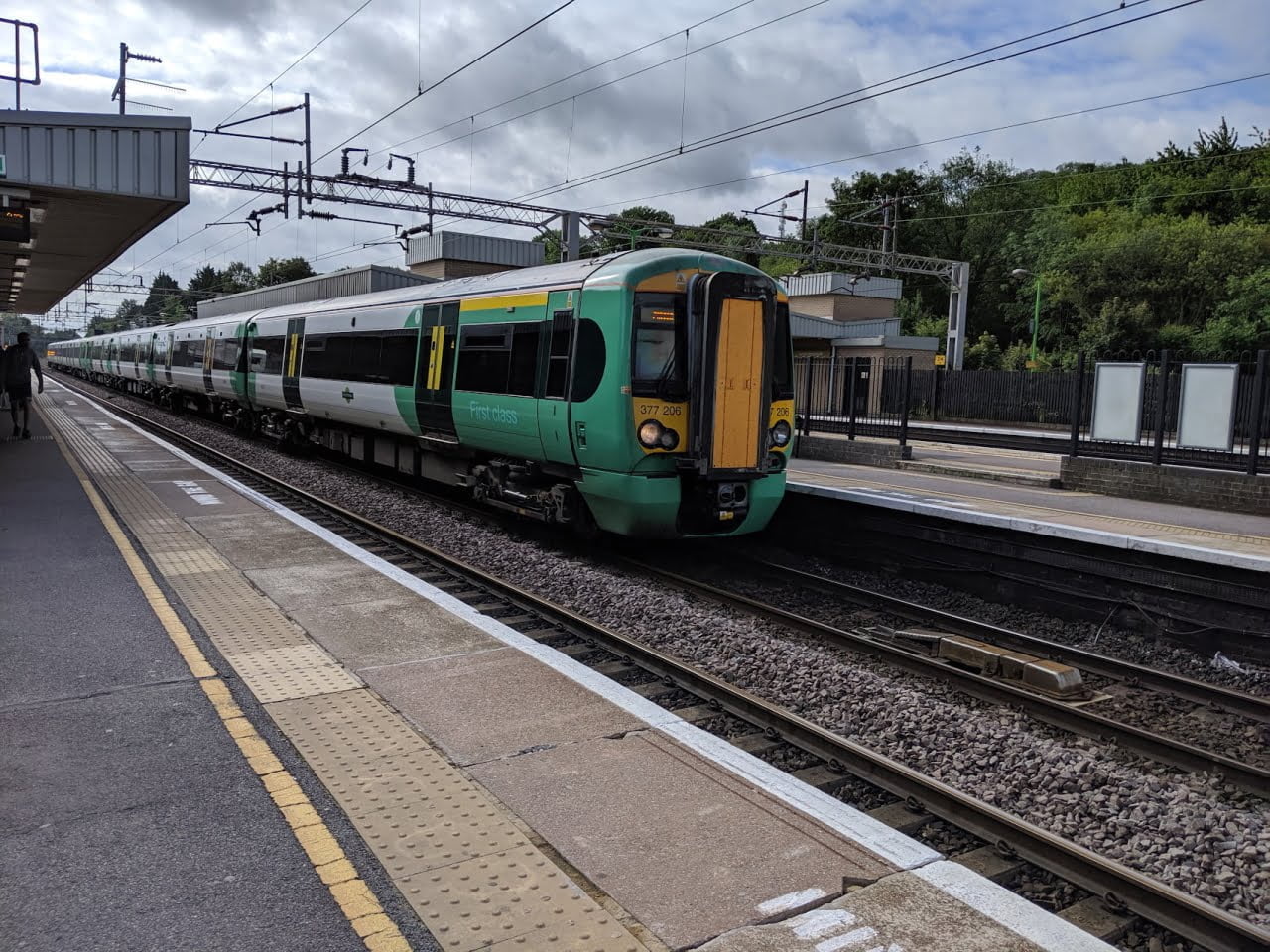Today (Wednesday the 20th of October) saw the government introduce the Transport Strikes (Minimum Service Levels) Bill which aims to provide defined levels of service during transport-related industrial action.
The new bill will see passengers able to travel to work, attend school, and medical appointments whilst supporting businesses which in turn supports the growth of the economy.
The disruption created by transport strikes has had huge effects on people’s everyday lives. The first rail strikes which took place in June 2022 cost the UK economy almost £100 million which added great stress to businesses across the country and those trying to get to work during the cost-of-living crisis.
The introduction of this new law will make sure that both passengers and businesses are not impacted unfairly and financially due to events outside of their control such as the choices of striking workers and unions.
The Prime Minister is determined to introduce the new legislation during her first 30 parliamentary sitting days, the bill also meets the Conservative Party manifesto commitment to reduce the effects of strikes on hardworking people and businesses.

Liz Truss said: ‘Hardworking people and businesses should not be held to ransom by strike action which has repeatedly crippled our transport network this year.
This legislation delivers on our 2019 manifesto and will not only limit the unions’ ability to paralyse our economy but will ensure passengers across the country can rightly continue to get to work, school or hospital.’
Transport Secretary Anne-Marie Trevelyan said: ‘Strikes have affected nearly all of us over this last year – whether that means losing out on a day’s pay at work, having to close your business, missing vital medical appointments or stopping our children from getting to school.
It is vital that public transport users have some continuity of service to keep Britain moving and growing – this legislation will give everyone the certainty they need to carry on with their daily lives.’
The legislation will see:
- A minimum service level maintained during transport strikes, if this is not met, unions will lose legal protections from damages.
- Employers will specify the workforce needed in order to meet a sufficient service level whilst strike action takes place
- Unions must take reasonable steps in order for the appropriate number of specified workers can work during strike days
- Specified workers who opt to take strike action will lose protection from automatic unfair dismissal
The bill will create the legal framework in order for minimum service levels to be set throughout the transport sector as well as being put in place and enforced. Exact details of how minimum service levels will apply to transport service will be revealed during secondary legislation following a public consultation.
The legislation intends to see employers and unions come to an agreement on minimum service levels in order to continue with further striking over a 3-month period. If it is not possible to agree on minimum service levels an independent arbitrator ‘the Central Arbitration Committee’ will decide the minimum number of services.
The bill will see its first reading today with the legislation set to be put into action for transport services throughout the country during 2023. The legislation follows rules akin to those in place across Europe including France and Spain.





Responses